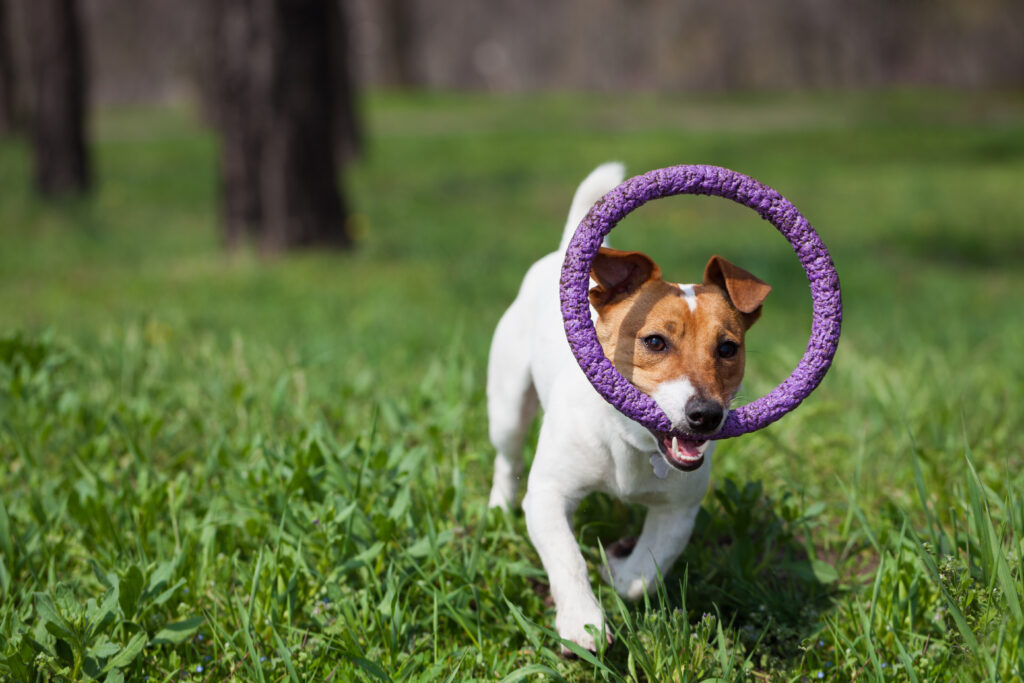The first few months with a new puppy can be challenging, as you’re navigating their early development stages, and it takes time to establish routines.
Here are some of the most challenging weeks…
Weeks 1–4 (The First Month)
- Adjustment Period – In these first few weeks, the puppy is adjusting to their new environment. You may face issues like whining at night due to separation anxiety, and there’s a lot of responsibility to ensure they’re fed, potty trained, and comforted.
- Potty Training – Establishing a potty routine is one of the first hurdles. Puppies don’t have full control over their bladder until around 12–16 weeks, so accidents are common.
- Sleep Deprivation – Puppies sleep a lot, but they also need to be taken out frequently (every 2–3 hours), including during the night. You may experience some sleep disruption during this time.
Weeks 5–8
- Teething – Around 5 weeks, puppies start teething, which can lead to biting, chewing, and frustration. They may chew on anything they can get their paws on, from shoes to furniture. You’ll need to be proactive in providing chew toys to help them.
- Increased Energy – As they begin to gain more independence and explore, their energy levels can skyrocket, leading to playful (and sometimes chaotic) behavior. This is a key time for training and setting boundaries.
- Socialization Needs – Early socialization is crucial during these weeks, but it can be challenging to balance exposing them to new people, places, and experiences while managing their energy and emotions.
Weeks 9–12
- Behavioral Issues Surface – As puppies enter their adolescent phase (around 8–12 weeks), you may see some early signs of behavioral issues, like nipping, barking, or testing boundaries. Consistency in training is key, but this period can be challenging if you’re still adjusting to your new role as a puppy parent.
- Separation Anxiety – While the puppy is still learning to be alone, they may begin to show signs of anxiety when left by themselves. Crate training and gradual separation can help during this stage.
- Training Plateau – You might experience a plateau in potty training or basic obedience as the puppy is distracted by the world around them and is still learning self-control. Patience is important during this time.
Weeks 13–16
- Teenage Phase – This is when many puppies hit their “teenage” phase, where they become more independent and stubborn. They may test limits more frequently, and some puppies may show increased fearfulness or aggression toward unfamiliar people or situations. This is a normal part of their development but can be challenging for new owners.
- More Energy and Less Focus – As they grow, they’ll have even more energy, and it can be harder to keep their attention during training sessions. You may need to adjust your methods or length of training to match their developmental stage.
Overall, the first 3–4 months tend to be the most challenging as you establish routines, train, and deal with behavioral issues, teething, and energy surges. If you’re consistent with training and patient with their development, these phases will eventually pass, and you’ll see great progress as your puppy matures.


